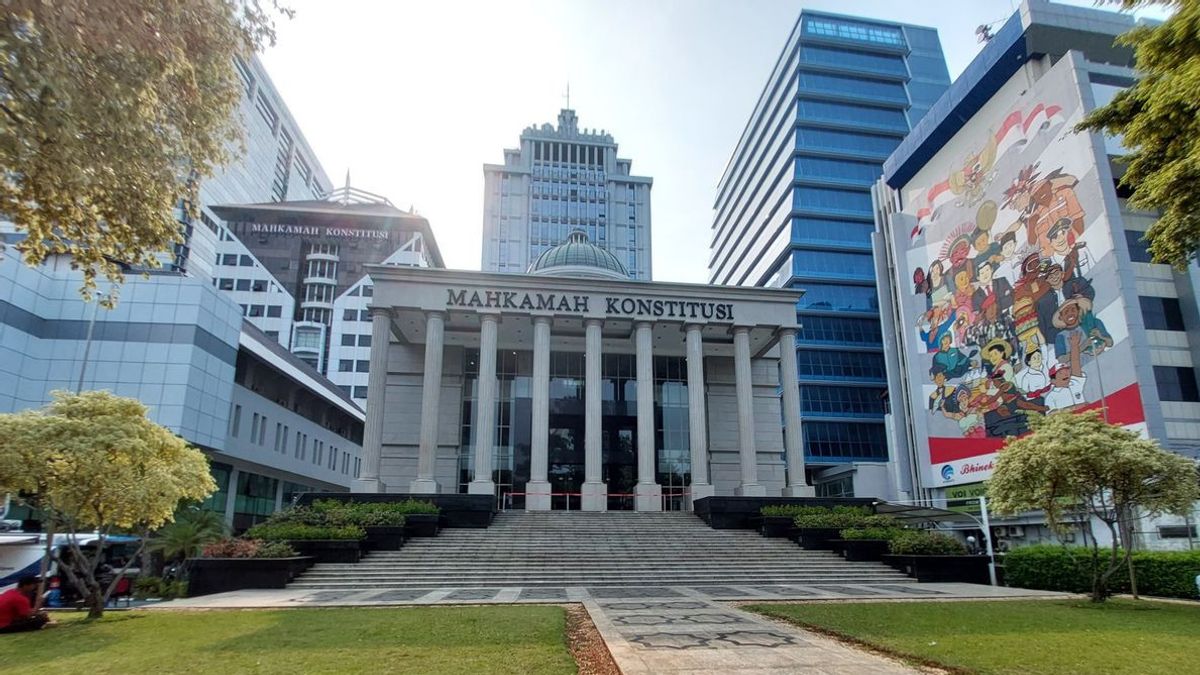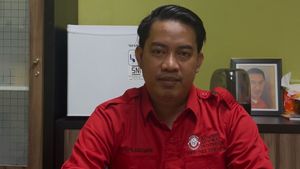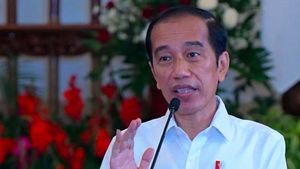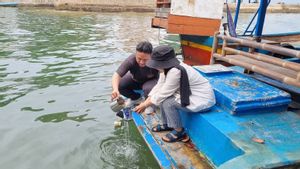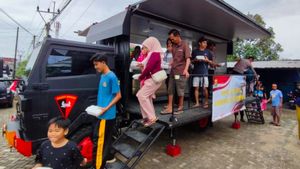JAKARTA - The Constitutional Court has decided that regional officials and members of the TNI/Polri who are not neutral, namely making decisions or actions that benefit or harm one of the pairs of candidates for the election, can be sentenced to imprisonment and/or fines.
This provision is a decision by the Constitutional Court which includes the phrase "regional officials" and "members of the TNI/Polri" into the norms of Article 188 of Law Number 1 of 2015 concerning the Election of Governors, Regents, and Mayors.
"Granted the petitioner's application in its entirety," said Chief Justice of the Constitutional Court Suhartoyo reading the verdict No. 136/PUU-XXII/2024 reported by ANTARA, Thursday, November 14.
Article 188 of Law 1/2015 reads: "Every state official, state civil servant official, and village head or other designation/sub-district who deliberately violates the provisions as referred to in Article 71, shall be sentenced to a minimum imprisonment of 1 month or a maximum of 6 months and/or a fine of at least Rp. 600,000.00 or a maximum of Rp. 6,000,000.00.
According to the Constitutional Court, Article 188 of Law 1/2015 is a norm paired with Article 71. In its development, Article 71 underwent changes through Law Number 10 of 2016 concerning the Election of Governors, Regents, and Mayors, especially in paragraph (1).
In Law 1/2015, Article 71 paragraph (1) contains only State officials, state civil servants, and village heads or other designations/sub-districts are prohibited from making decisions and/or actions that benefit or harm one of the candidates during the campaign period.
In Article 71 paragraph (1) of Law 10/2016, there are two new legal subjects, namely "regional officials" and "members of the TNI/Polri".
Although Article 71 paragraph (1) of Law 1/2015 which is the primary norm has changed, the fact is that these changes are not included in the norms of Article 188 of Law 1/2015 which is a secondary norm.
Moreover, Law 10/2016 does not change the norms of Article 188 so that secondary norms that regulate punishment remain valid and refer to Article 188 of Law 1/2015.
This condition, according to the Constitutional Court, makes the absence of legal certainty and conformity related to the norms of punishment for the two new legal subjects added, namely regional officials and members of the TNI/Polri.
As a secondary norm, Article 188 of Law 1/2015 provides guidelines for law enforcers to act if their primary norm, namely Article 71 paragraph (1) of Law 10/2016, is not obeyed or violated.
Because the norms in the two articles are pairwise legal norms, the norms of Article 188 of Law 1/2015 must be formulated clearly, carefully, and in detail so as not to cause problems for their law enforcement purposes.
"In this case, the Court observed that Article 188 of Law 1/2015 was related to Article 71 paragraph (1) of Law 10/2016, it turns out that there were differences in the scope of legal subjects in the two paired norms after the amendment to Law 1/2015," said Constitutional Justice Arief Hidayat reading out the Constitutional Court's considerations.
The Constitutional Court stated that the discrepancy in the formulation of primary and secondary norms between the two articles could lead to legal uncertainty that is contrary to the constitution.
On that basis, the Constitutional Court concluded that the argument for the application for judicial review submitted by a legal consultant, Syukur Destieli Gulo, this is legally reasonable in its entirety. Thus, Article 188 of Law 1/2015 now fully reads:
"Every state official, regional official, state civil servant official, TNI/Polri member, and village head or other designation/lurah who deliberately violates the provisions as referred to in Article 71, shall be punished with imprisonment for a minimum of 1 month or a maximum of 6 months and/or a fine of at least Rp. 600,000.00 or a maximum of Rp. 6,000,000.00."
The English, Chinese, Japanese, Arabic, and French versions are automatically generated by the AI. So there may still be inaccuracies in translating, please always see Indonesian as our main language. (system supported by DigitalSiber.id)
